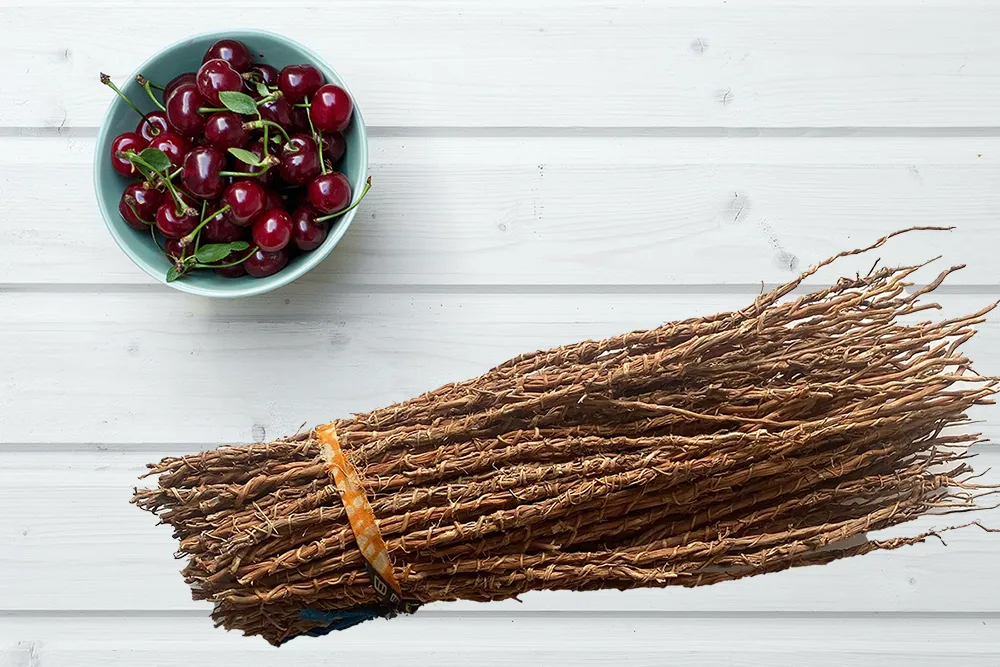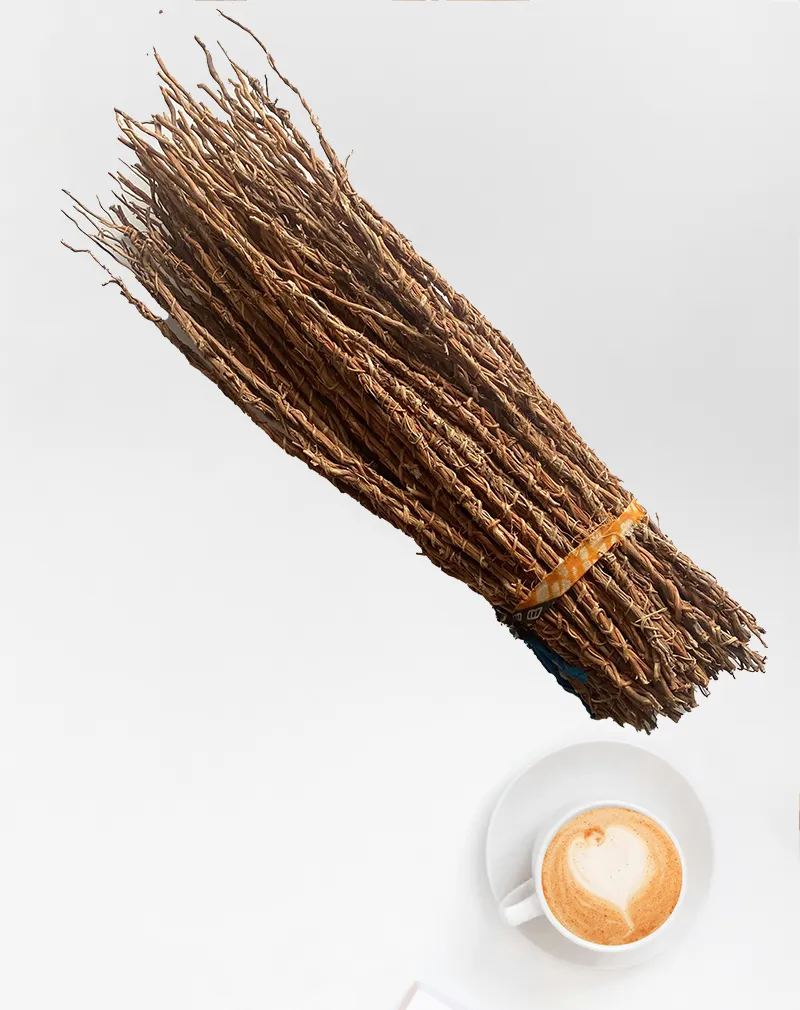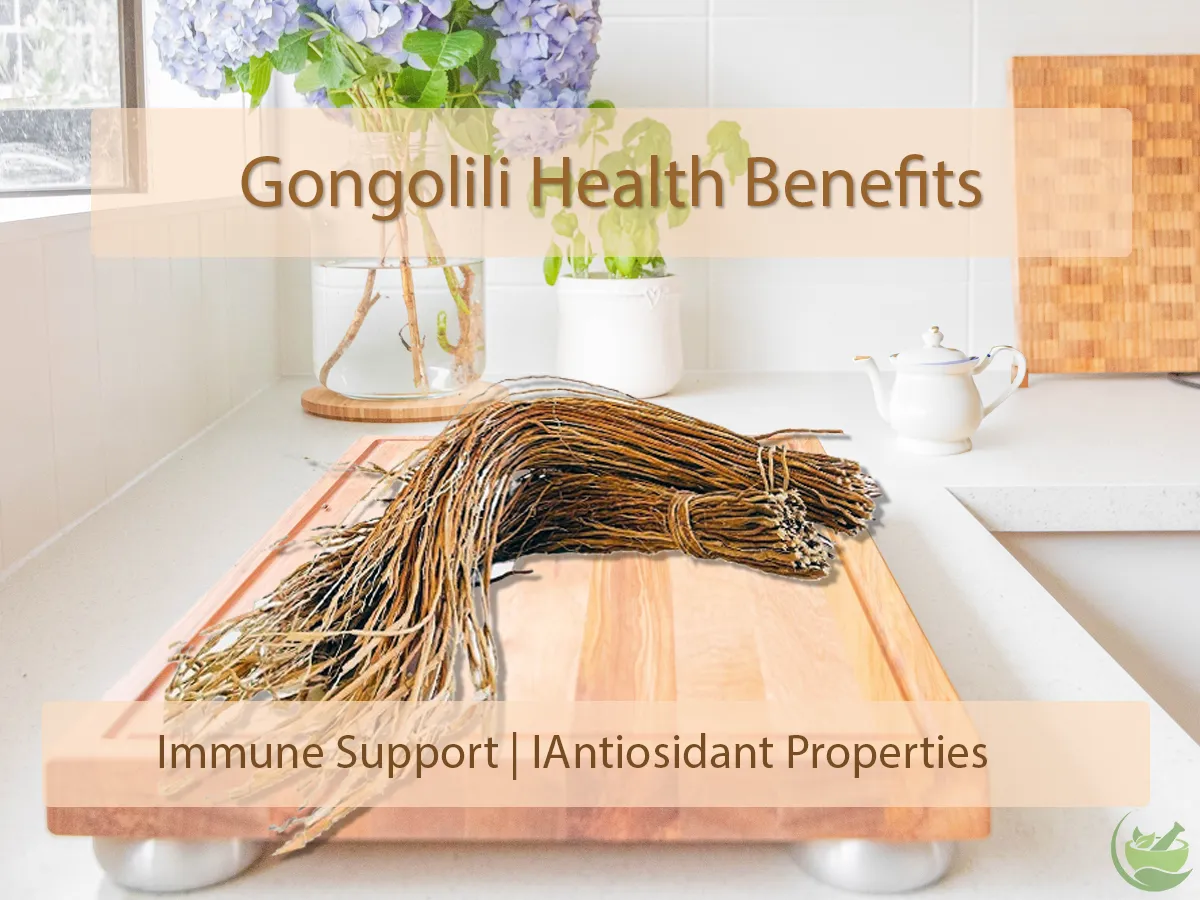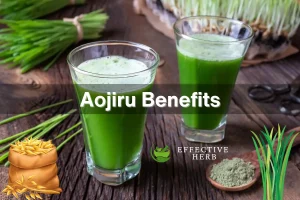Gongolili Health Benefits
Gongolili is a grass, versatile and beneficial in its uses. This grass is known regionally as Gongolil and vetiver. It is also known by the scientific name Chrysopogon zizanioides having its synonym as vetiveria zizanioidedi,
This hardy grass is native to India but is now grown in many parts of the world. Its fragrant roots are particularly prized for their myriad applications.

One of the most notable features of gongolili is its captivating aroma. This aroma is like a woody and earthy scent emitted by the oil extracted from gongolili roots. Moreover, this aroma makes it a popular choice in the perfume industry, where it’s used as a base note to anchor and enhance fragrances.
Different Names of Gongolili
Before exploring the health benefits of Gongolili, let’s familiarize ourselves with its different names. Scientifically, it is called Chrysopogon zizanioides, and it is commonly known as gongolili and vetiver grass. The diversity of names is depending on the different countries and regions. Some of them you may find here:
- Australia: Vetiver
- Brazil: Vetiver
- Banglades: Khus-Khus
- Canada: Vetiver
- China: Vetiver
- France: Vetiver
- India: Khus-Khus
- Indonesia: Akar Wangi
- Italy: Vetiver
- Japan: Vetiver
- Mexico: Zacate de Limón
- Malaysia: Serai Wangi
- Pakistan: Khus-Khus
- Sri Lanka: Ramacjam
- South Africa: Vetiver
- Thailand:۔ Vetiver
- United States: Vetiver
- United Kingdom: Vetiver
- Vietnam: Poaceae
Botanical Characteristics of Gongolili
These botanical features make Vetiver a versatile and valuable plant with applications in agriculture, soil conservation, perfumery, and ensure Gongolili’s health benefits.
Chrysopogon zizanioides, commonly known as Vetiver, holds historical importance primarily due to its versatile uses and benefits
Gongolili’s Medicinal Benefits
Gongolili essential oil and plants have certain important medicinal properties. While people are experiencing their benefits, they may be vigilant enough to get Gongolili health benefits in terms of quality, forms of products and their concentrations. They always may see the advice of a healthcare professional to avoid any risk.

Research on Gongolili (Vetiver) Oil and Inflammation
Research on the causes of inflammation and effects of Gongolili (vetiver), a plant with a history of traditional medicinal uses, was conducted for its therapeutic effects. The research showed positive results regarding the use of gongolili (Vetiver). A brief about the study is here:
- Lack of Research: While Vetiver has a history of traditional medicinal use, there needs to be more scientific research on its utility in treating diseases, particularly inflammation.
- Review Objective: The research’s primary objective was to explore Vetiver’s potential anti-inflammatory properties and effectiveness in addressing inflammation-linked conditions.
- Pathogenesis of Inflammation: The study delved into the underlying causes of inflammation, highlighting the role of mediators from the arachidonic acid metabolism pathway and the generation of oxidative and nitrogen species as key factors contributing to inflammation.
- Antioxidant Properties: Vetiver was found to stimulate the antioxidant enzyme system, which helps reduce oxidative stress. This suggests that Vetiver may help restore the body’s balance between oxidants and antioxidants, potentially reducing inflammation.
- Antimicrobial Activity: The research mentions that Vetiver’s antimicrobial properties could play a role in preventing biological sources of inflammation, such as infections.
- CNS Depressant Effect: Vetiver was also noted for its central nervous system (CNS) depressant effect, which could help alleviate inflammation-related pain.
- Conclusion: Based on the findings and the various factors discussed, the research suggests that Vetiver can be an anti-inflammatory agent. It may also hold promise in the treatment of disorders linked to inflammation. However, clinical trials are still awaited to confirm the user’s efficacy and safety.
Research on Vetiver oil and TNBC
Another search regarding the treatment effects of vetiver oil on breast cancer cells TNBC (Triple Negative Breast Cancer) was conducted, which depicted that”Vetiver oil is better suited for use as an anti-cancer agent in TNBC cells .”However, clinical experiments are still awaiting to confirm the oil’s efficacy and safety.
Gongolili’s (Vetiver) Bioactive Components
Gongolili is a fragrant grass known for its various bioactive components having medicinal properties which perform their role in Gongolili’s health benefits, You may find here some of them:
Vetiverol is an essential oil component of Vetiver with potential antioxidant and anti-inflammatory properties. It may help in reducing oxidative stress and inflammation.
A constituent found in essential oils, is renowned for its ability to induce relaxation and provide a sense of tranquillity. It is frequently employed in aromatherapy to alleviate stress and anxiety.
This compound is associated with the soothing properties of vetiver oil. It may be used to promote relaxation and improve sleep quality.
Vetiver contains various terpenes, such as alpha-pinene and beta-pinene, which have antimicrobial and anti-inflammatory properties. They may support the immune system and reduce inflammation.
Vetiver is rich in sesquiterpenes like vetiverol, which may have anti-anxiety and anti-depressant effects, making vetiver oil a popular choice in aromatherapy for stress relief.
This compound has potential anti-inflammatory properties and may help manage inflammation-related conditions.
Vetiver grass contains phenolic compounds that could have antioxidant properties, protecting cells from oxidative damage.
It’s important to note that these bio active components have potential medicinal properties. Gongolili (Vetiver) is a traditional and alternative medicine relying on anecdotal evidence. Always consult a healthcare professional before using Vetiver or its extracts for medicinal purposes.
Bottom Line
Gongolili is used in traditional remedies. It shows promise in relaxation, skin rejuvenation, and easing inflammation. Scientific research underscores its potential in addressing certain health issues, although comprehensive clinical trials are needed for confirmation.
Rich in bio-active components like Vetiverol and Terpenes, its roots offer antioxidant and anti-inflammatory properties. Preliminary exploration suggests its potential against Triple Negative Breast Cancer cells as an anti-cancer agent. Its traditional uses hint at various health benefits.It is necessary to consult with healthcare professionals before using it into medicinal practices.







